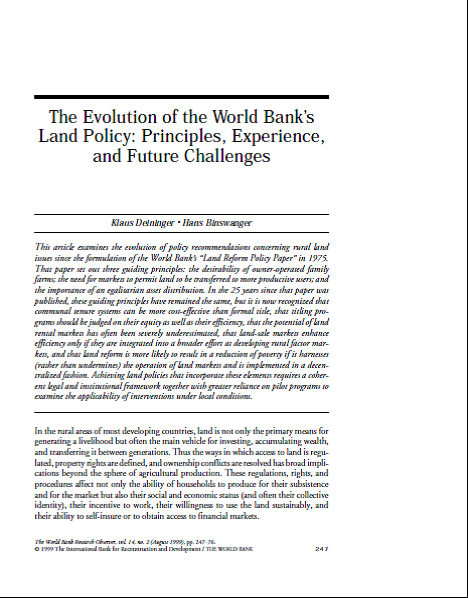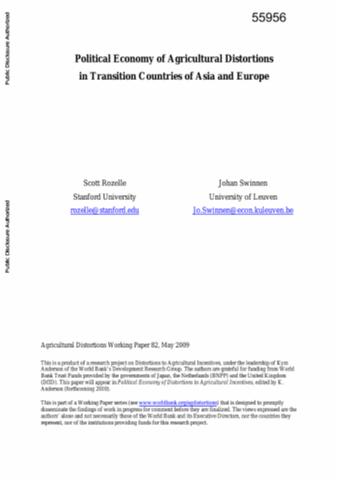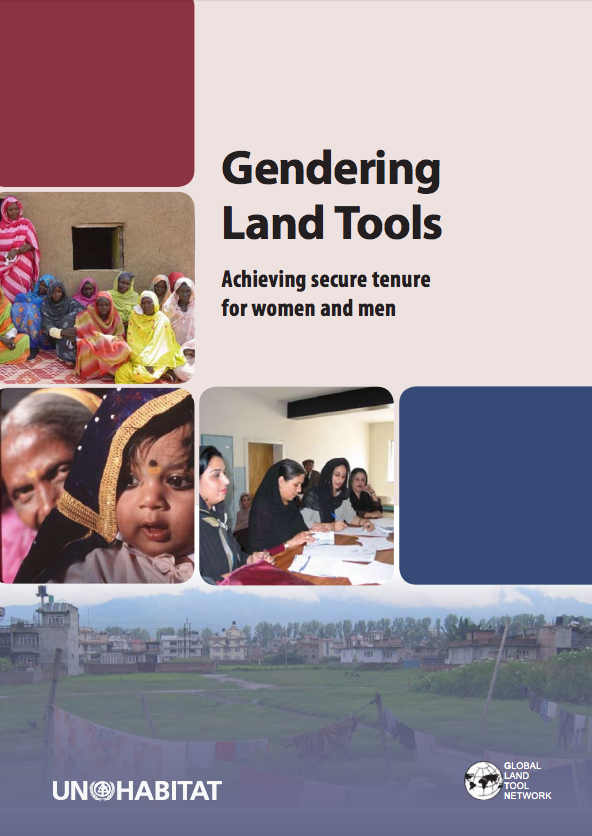Land, Business and Human Rights
This is the first of a series of consultations on the human rights challenges and dilemmas involved in the
acquisition and use of land – held individually or collectively - for private or state-owned business and
economic purposes. The aim of the series of consultations is to develop a framework that leads to an end of
human rights abuses at any stage of the process – before acquisition, during acquisition, and after operations
have commenced and, if necessary, relocation and rehabilitation arranged, and compensation paid.








